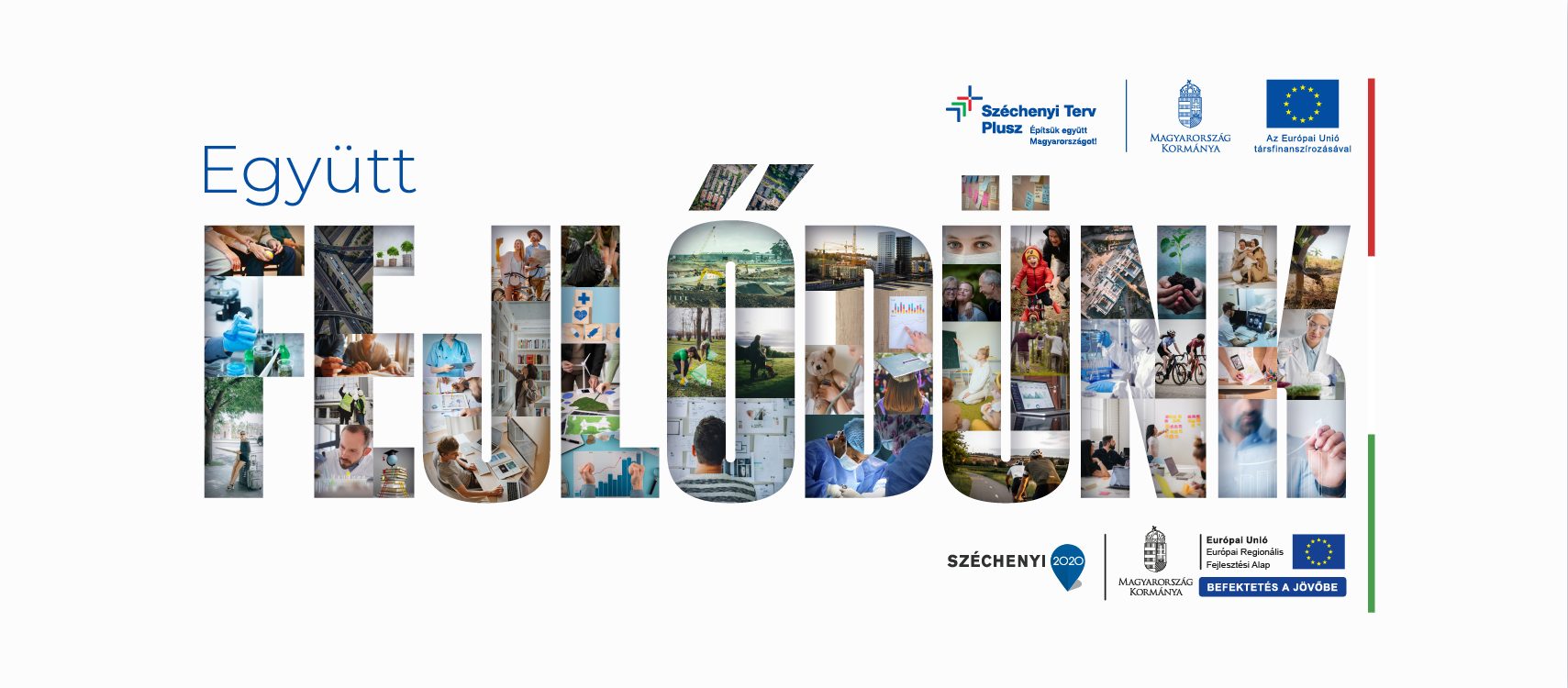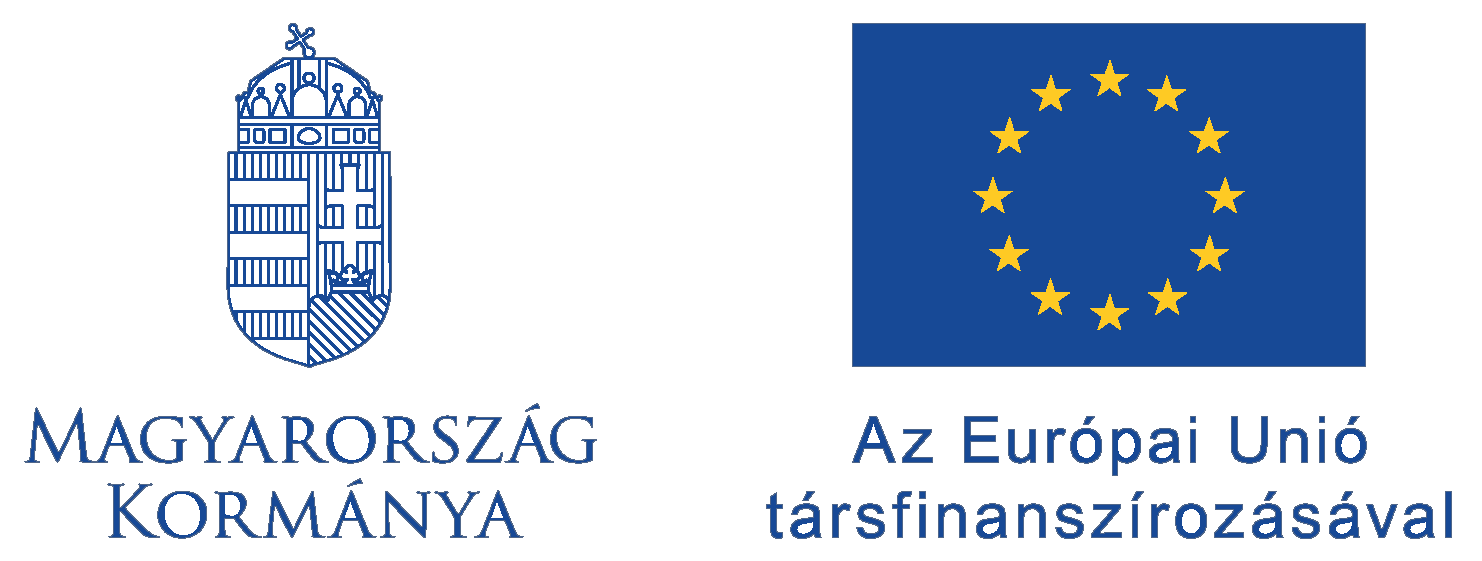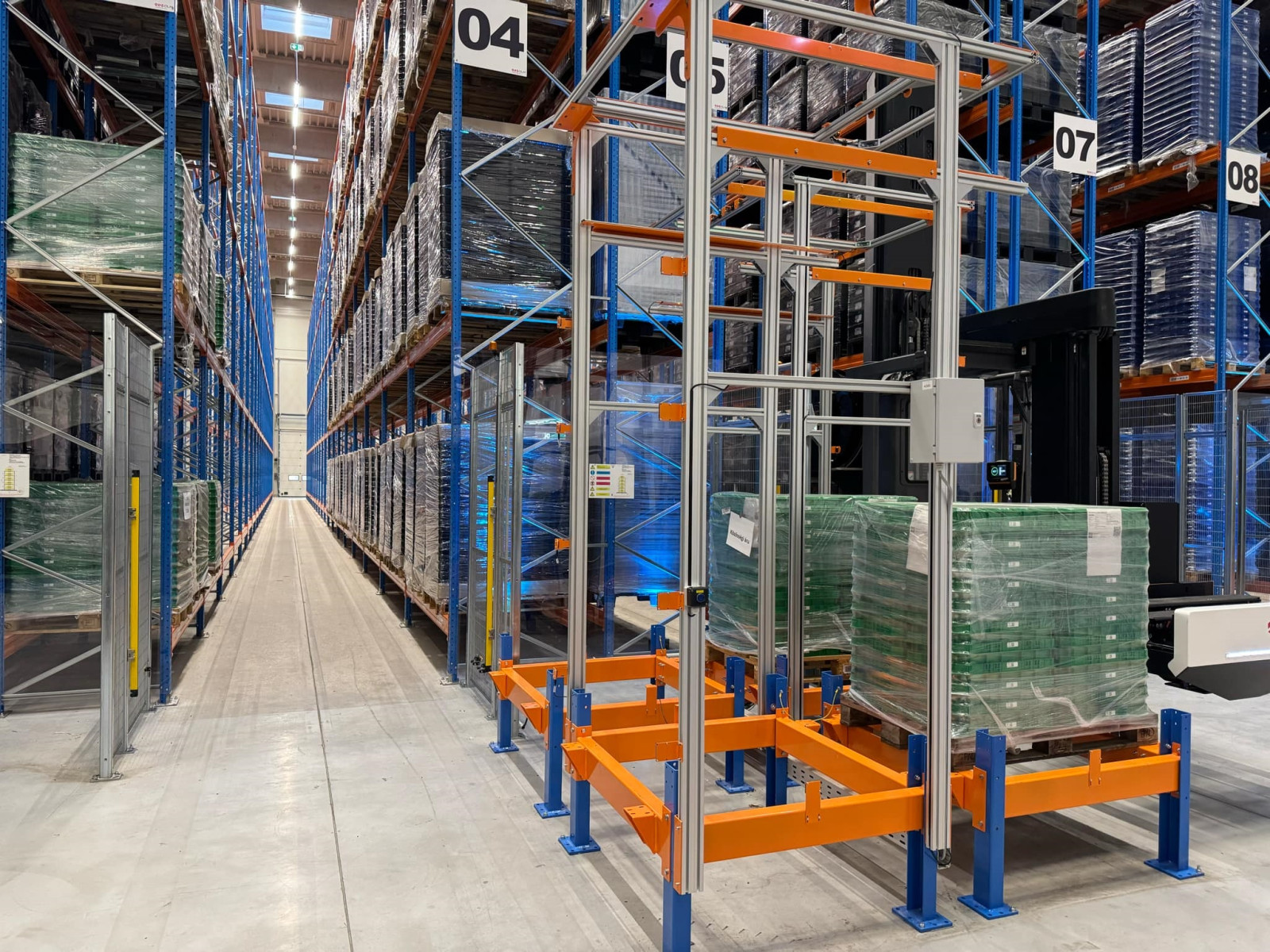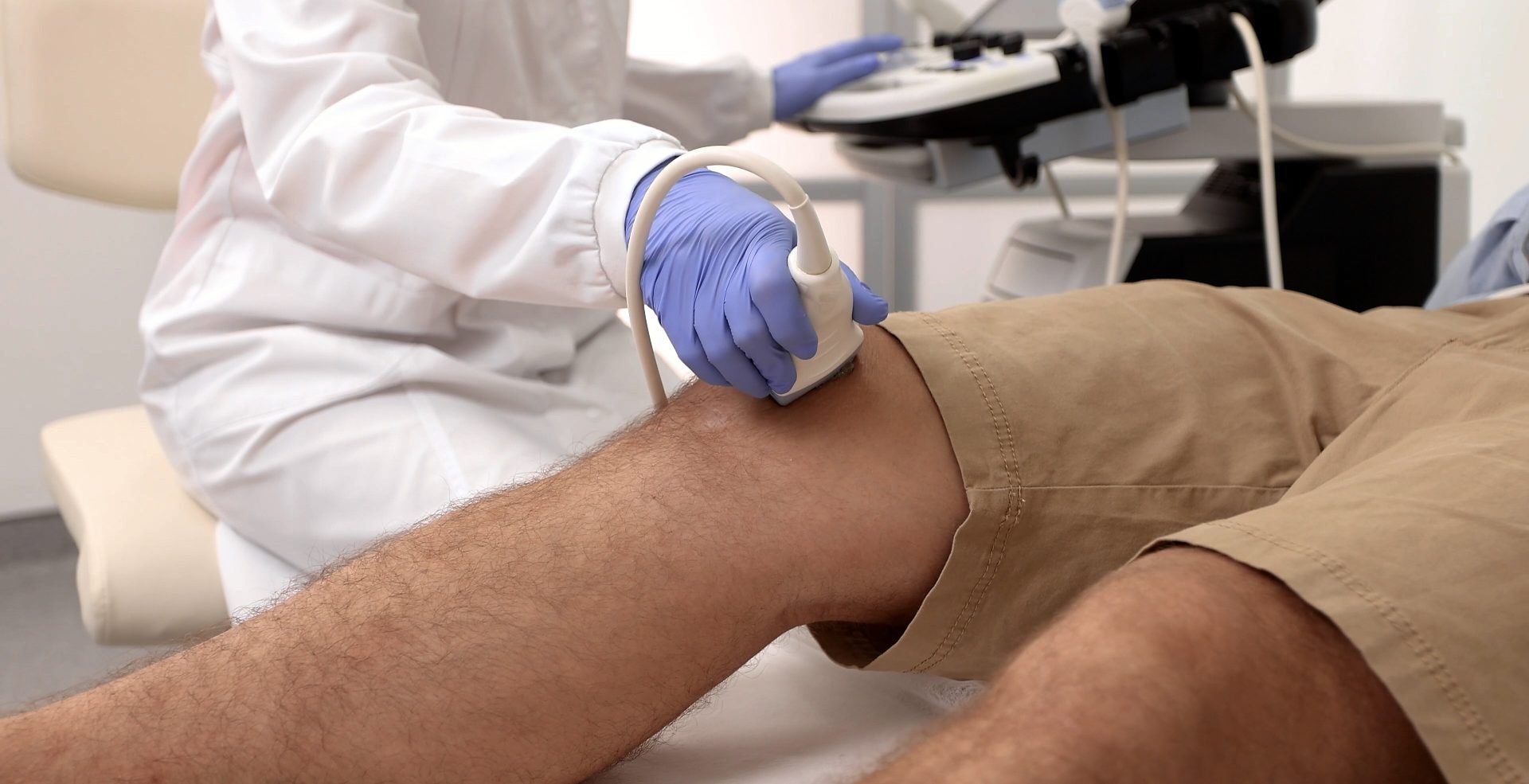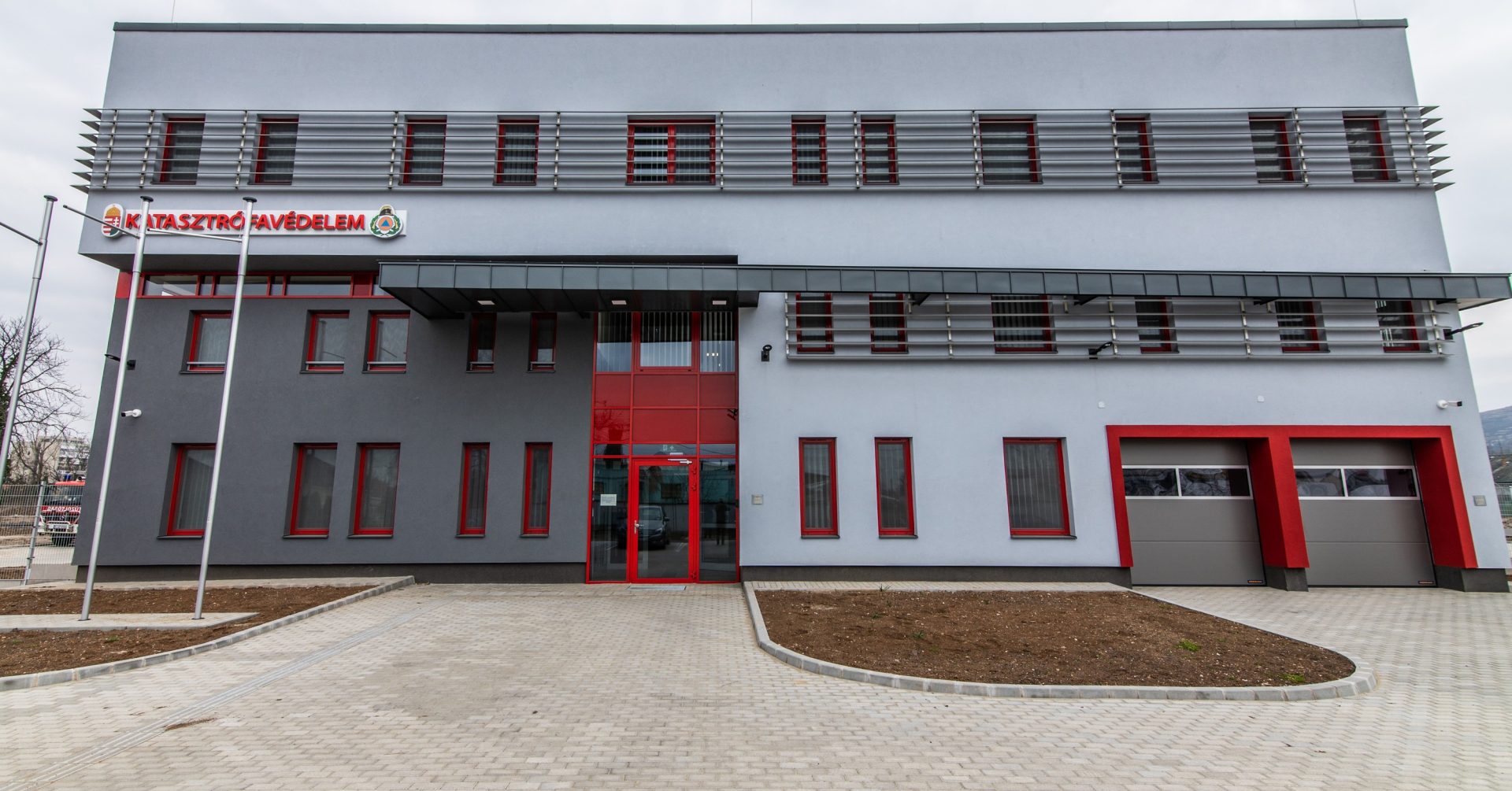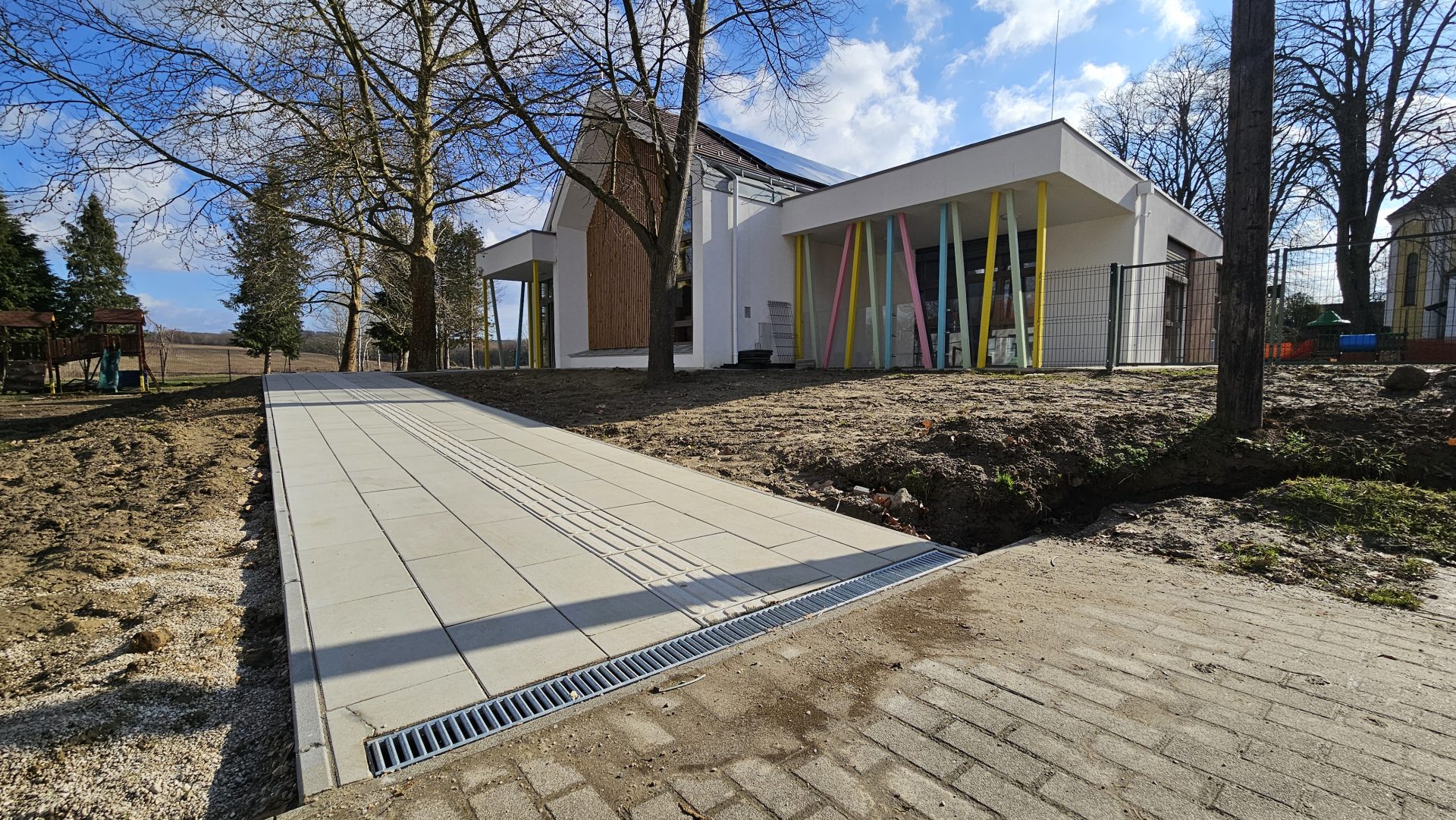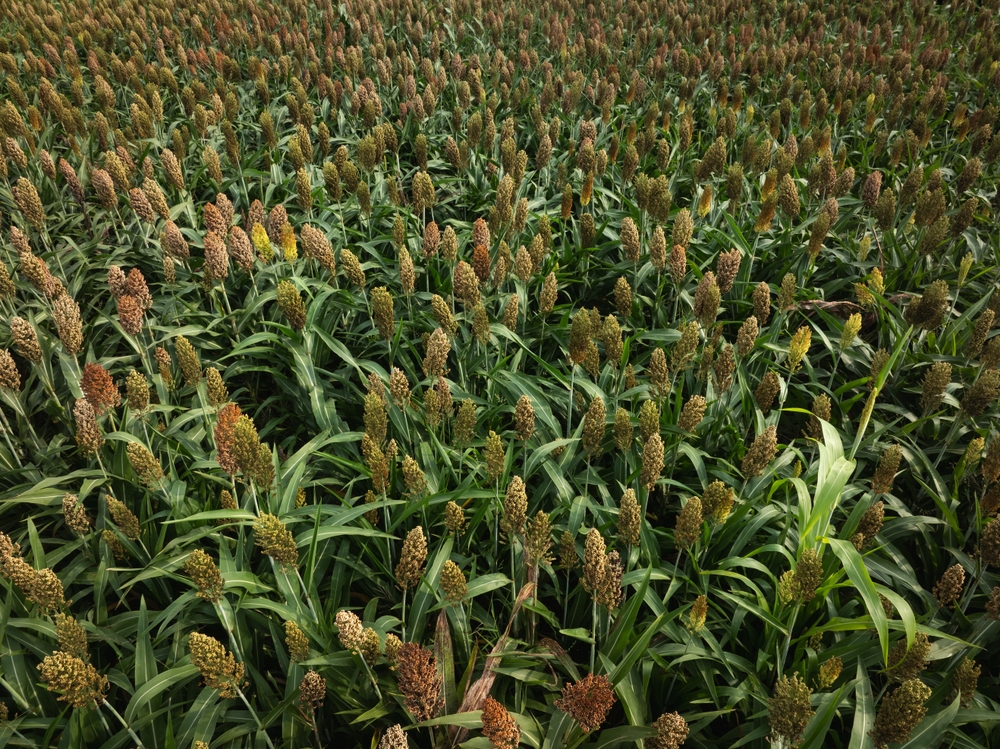What does a family business do well when it reaches the limits of its capacity? It does not shy away from the new and continues to develop, as Karzol-Trans Ltd. from Ecser did, most recently within the framework of an EU-funded project.
The company is a striking example of how modern technologies and EU support can advance the success of a family business. Thanks to the project implemented with EU support under the Economic Development and Innovation Operational Programme Plus, the company has taken a leap in warehousing and storage services with a brand new warehouse and impressive technical developments. Furthermore, with the new developments, they prioritized energy efficiency and automation, thereby not only revitalizing the company but also indirectly boosting the domestic economy.
The central element of the development is the new warehouse hall, which spans nearly 8000 square meters and is impressive not only in size but also in its technical content. On the roof of the hall, a 294 kW solar system ensures energy supply, while heat pump technology takes care of heating and cooling in an environmentally friendly manner.
But what is truly special is the automated warehouse section, where autonomous guided vehicles (AGVs) handle the movement of palletised goods. The new technology not only makes warehouse processes faster and more efficient but also much more precise. This is already the technology of the future, but there is no need to fear that it will completely replace human labor, as the freed-up capacity will be redirected to other processes.
Karzol-Trans Kft. has tripled the capacity of its logistics center in Ecser with this development, now offering storage services on a total of 40,000 square meters. The company plans to build additional warehouses on a 15-hectare development area in the near future; thus, the capacity may expand again. The company not only increased its own efficiency but also strengthened the Hungarian logistics sector, all in the spirit of sustainability.
The development was implemented from EU funding in the project GINOP PLUSZ-1.1.2-21-2022-00046 under the Economic Development and Innovation Operational Programme.
Find out more about the project in the Project Finder:Details
